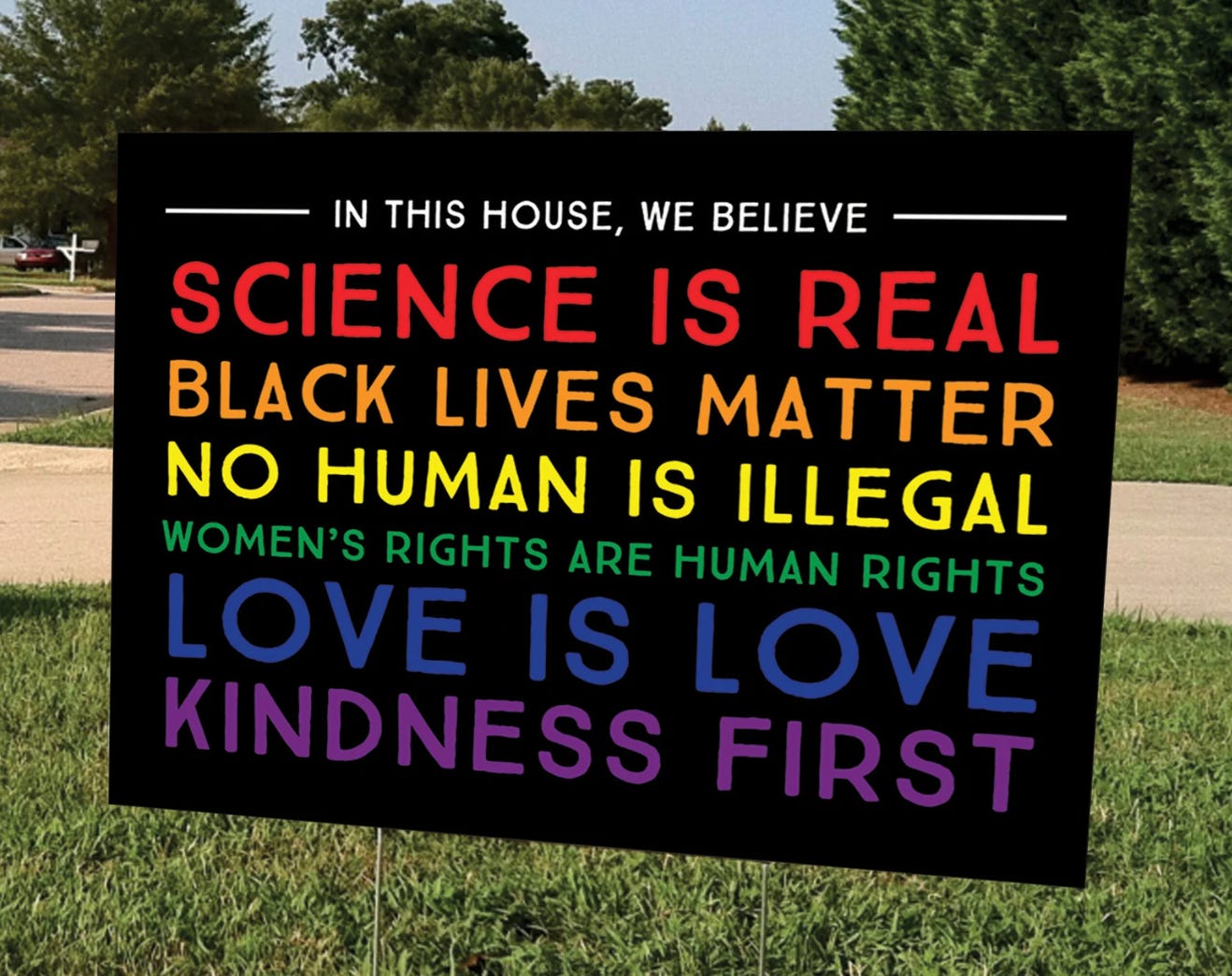Agree or Disagree? “Viruses don’t exist” is the rhetorical equivalent of "Science is real."
Last update: 18 July 2025
Once upon a time, I was a teacher.
And a teacher of teachers.
Here’s an approach I would have used in a classroom (f2f or online), conference, school, or other setting:
Agree or Disagree?
“Viruses don’t exist” is the rhetorical equivalent of “Science is real.”
Interested in relevant responses, no matter what you think.
No ad hominem, please. :)
18 July 2025
“Science is real” is a slogan that appears on signs and stickers like the one below. I haven’t researched the origins, but I recall seeing these and similar signs in Evanston, Illinois (where we lived for 14 years) in 2019, not sooner.
“Science is Real” is also a song by “They Might Be Giants.”




Comments now closed.
My likes should not be interpreted as agreement but as "thanks for responding."
Disagree—though I see what you’re getting at.
“Science is real” has become an ideological bumper sticker—an appeal to authority designed to shut down debate, not open it. It’s about affirming institutional legitimacy.
But “Viruses don’t exist,” while sometimes delivered in a similarly blunt fashion, is a provocative claim made in opposition to that very authority. It doesn’t seek to fortify the dominant narrative—it seeks to expose its methodological flaws.
The problem isn’t that the two phrases are rhetorically equivalent; it’s that both can be used to end inquiry instead of begin it.
— “Science is real” implies: “You’re not allowed to question.”
— “Viruses don’t exist” can imply: “There’s nothing left to talk about.”
But the better version of the latter is something like:
“Virology has never demonstrated the existence of viruses using the scientific method.”
That’s not a slogan—it’s an invitation to look at methods, not models.
So yes, the delivery matters. But the epistemological posture behind each phrase is not the same.